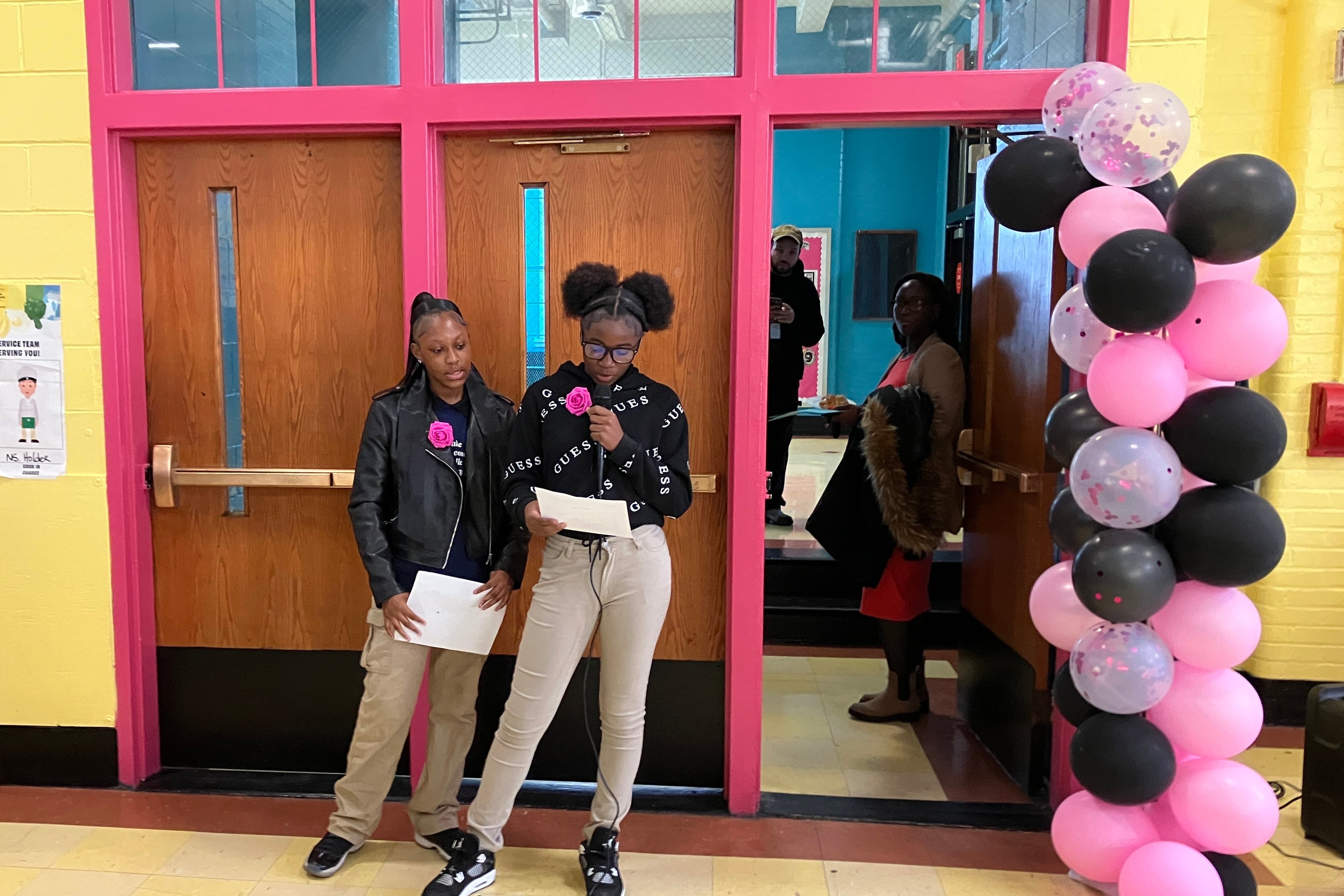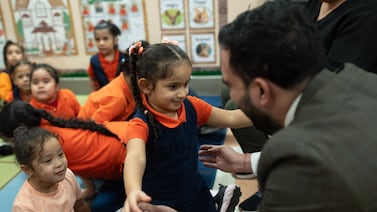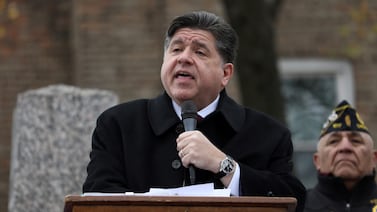Sign up for Chalkbeat New York’s free daily newsletter to get essential news about NYC’s public schools delivered to your inbox.
After months of intense debate, a citywide education panel voted Wednesday night to close a Brooklyn school with dwindling enrollment and open a new one for struggling readers in its place.
The city’s Panel for Educational Policy nearly unanimously approved the Education Department’s plan to phase out M.S. 394, a prekindergarten-8 school in Crown Heights, over the next three school years.
And the panel greenlit opening a new school, the Central Brooklyn Literacy Academy, in the same building. It will be the second city-operated public school designed to serve students with dyslexia and other reading challenges.
City officials contend that M.S. 394 is too small — and low performing — to stay open. Two hundred students currently attend, 41% fewer than five years ago. The school’s reading and math proficiency rates in grades 3-8, at 23% and 27% respectively, are less than half the city averages last year.
The Education Department is under pressure to address a growing number of tiny schools, which are expensive to operate and struggle to offer a full range of programs because funding is tied to student headcount. In recent years, officials have ramped up school mergers, which are often less contentious than closures. M.S. 394 represents only the third school closure to be approved under Mayor Eric Adams.
The M.S. 394 proposal drew intense pushback, including a rare rebuke from the school’s principal, prompting some panel members to call for a broader conversation about how to improve the closure process to incorporate community input earlier.
“To be excluded from discussions about the very future of my school feels like a missed opportunity to explore creative, viable solutions together,” M.S. 394 Principal Sojourner Welch-David said in December before a closure vote that was ultimately postponed. “I just want to say this to the chancellor: Please allow principals [to] have a seat at the table so they’re not standing here like me trying to fight for my school.”
Fierce community pushback sparks broader debate about closure process
In recent months, students, parents, and educators from M.S. 394 have packed public meetings in a bid to save it. The school is a community hub with a core of dedicated educators who know their students well, are dedicated to improving student performance, and even attend their birthday parties, families said. Many were frustrated that the city seemed more focused on opening a new school rather than investing in improving M.S. 394.
“This proposal to phase out our school over three years feels like a profound injustice — a direct assault on our children and their education,” Aliza Ellison, the school’s parent association president, said before the closure vote at Wednesday’s panel meeting. “The tight-knit community we have built [will be] dismantled.”
The closure vote was initially scheduled for December but was postponed after panel members were caught off guard by the depth of community opposition, Chairperson Greg Faulkner previously said. Education Department officials scheduled a new vote in February but abruptly removed it from the agenda that month.
In the months that followed, top Education Department officials, including Chancellor Melissa Aviles-Ramos and First Deputy Chancellor Dan Weisberg, visited the school. “We were impressed by an environment that was full of safety and love for the kids,” Weisberg said Wednesday. The city ultimately agreed to modify the proposal.
Instead of closing the school at the end of this year, they proposed phasing it out gradually with the 2027-2028 school year as its final year of operation, keeping its pre-K program open during that time. Officials also vowed to give current students priority admission to the new literacy academy. (Several surrounding Brooklyn districts, including 13, 16, 23, and 32 will also get an admissions priority.)
The new literacy academy will open in the building next year and serve students in grades 2-3 before it eventually expands to become a grades 2-8 school with specialized instruction for students who struggle with reading. Education Department officials said half of M.S. 394’s current first and second graders would be eligible based on mid-year reading assessments.
The Education Department framed the tweaked proposal as a direct response to community feedback, though the changes did not seem to win over many families and educators who testified for hours on Wednesday evening in opposition to the plan.
Many caregivers emphasized that as the school gradually jettisons entire grade levels, beginning with grades K-3 next year, some siblings will no longer be able to attend school together, complicating their commutes.
“Our feeling is the same as before,” Leon Gidron, a parent of three children at M.S. 394, said of the plan in an interview before the vote. “It doesn’t take closing our school to promote a [new] program.”
Still, all of the panel members voted to approve the phase-out plan with only Faulkner abstaining. Tom Sheppard, an elected parent member of the panel, said he was sympathetic to the community’s arguments to keep the school open but argued it had simply become too small.
“We’ve seen the same thing play out in the Bronx, where I’m from, where schools get to a point where they just are not sustainable,” he said. The phase-out plan “allows for 394 to wind down with a degree of dignity that hasn’t been afforded to a lot of schools.”
Faulkner said he hopes to use the M.S. 394 debate to inform a broader discussion about how to overhaul the closure and merger process in the future and has created a committee to explore the issue.
“There were some missteps,” Faulkner said Wednesday. “We can credit the parents at 394 for having us take a look at the way that we do this process.”
Alex Zimmerman is a reporter for Chalkbeat New York, covering NYC public schools. Contact Alex at azimmerman@chalkbeat.org.





